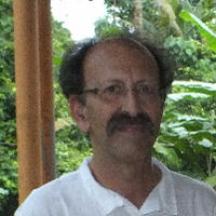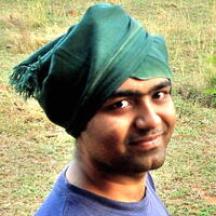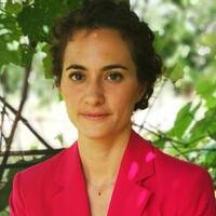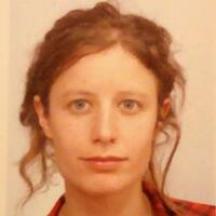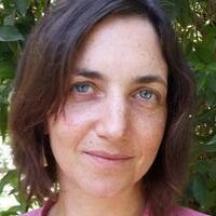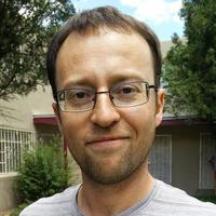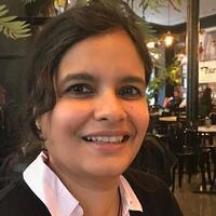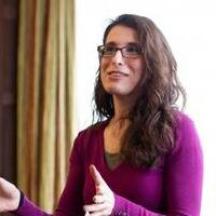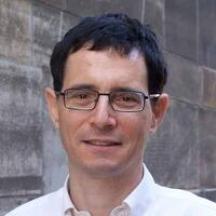NEEM is a research project supported by European Research Council and centered at the Hebrew University of Jerusalem. It was launched in autumn 2018 and will continue its work until summer 2023. Its operative assumption is that in the sixteenth till early nineteenth centuries, South India as a whole constituted a single, multi-lingual, loosely integrated eco-system with clear intertextual and intercultural lines of transmission among all the major languages of the south—Telugu, Kannada, Tamil, Malayalam, Sanskrit, Persian, Dakhni, Marathi, and Oriya. We focus primarily on the artistic domains—music, painting, architecture, music, theater, dance as well as the theoretical texts that emerged together with the texts for performance or aesthetic experience, also with philosophical and grammatical works generated at the same period.
In order to pursue our understanding of this rich historical moment, the NEEM scholars are also engaged in contributing to a prosopography of poets, composers, painters, sculptors, actors, scholars, and theoreticians active during the early-modern centuries. The NEEM project is thus strongly linked to PANDIT and its mapping of the interconnections among authors and other creative figures active in Sanskrit as well as in all the languages of South India. Each member of the NEEM team is asked to contribute to the PANDIT database on a regular basis, always in relation to that scholar’s own areas of interest and expertise.

